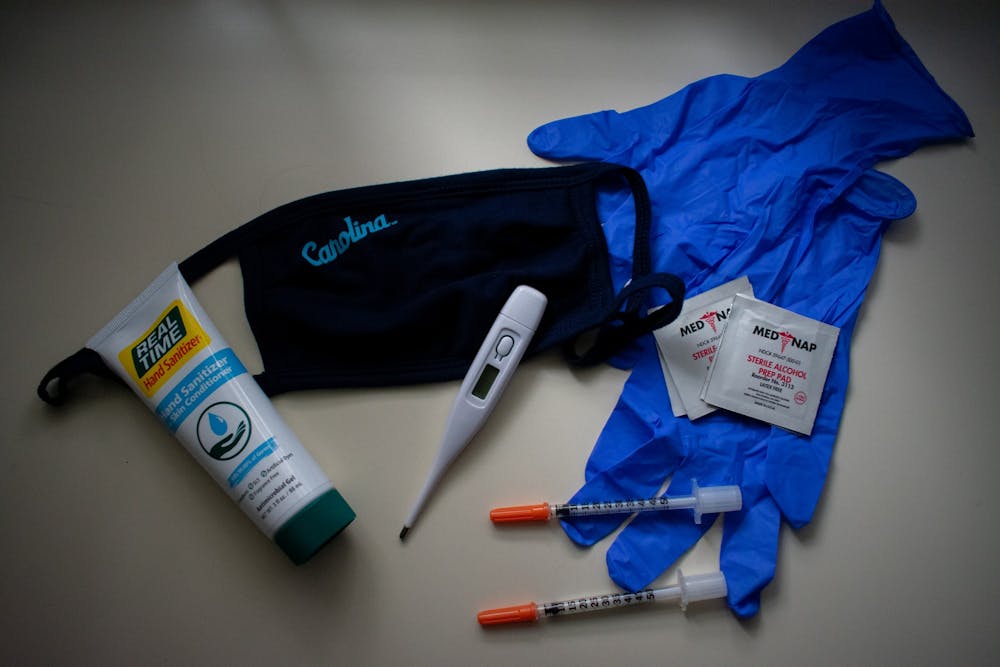Although a COVID-19 vaccine may be approved by the end of 2020, North Carolina likely won't have enough doses available for widespread distribution until later in 2021.
Elizabeth Tilson, North Carolina's state health director and chief medical officer, said while there may be a small number of vaccine doses available by the end of 2020, those doses will be reserved for people such as health care workers, who are at the highest risk for exposure.
“I think there is a chance that we might have a small supply before the end of this year,” Tilson said, “but I want to be mindful of really setting an expectation that I do not expect there to be widespread supply, or really cover most of North Carolina, until well into 2021.”
North Carolina recently released a COVID-19 vaccination plan. According to the plan, the state's response will occur in four phases — planning, implementation, adjustment and transition — which are based on increasing availability of COVID-19 vaccine doses.
Distribution will likely be done by private distributors contracted by the federal government.
Tilson said in the beginning, distribution is expected to be limited by a smaller supply of the vaccine, but as time goes on, distribution can become more widespread.
"In the beginning, we anticipate it won't be in broad distribution, it won't be in broad community based vaccination clinics, it'll be through our health departments and through our health system,” she said.
Additionally, the vaccine trials currently underway have not enrolled certain groups of participants, such as children and pregnant women, so those groups of people will not be able to receive the vaccine until it has been proven to be safe for them.
Depending on who develops the vaccine, there are concerns it will require ultra-cold storage, meaning many hospitals and pharmacies will be unable to store them long-term. Vaccine candidates like those under development by companies Pfizer and BioNTech will need to be stored at a temperature far below zero for long-term storage.




